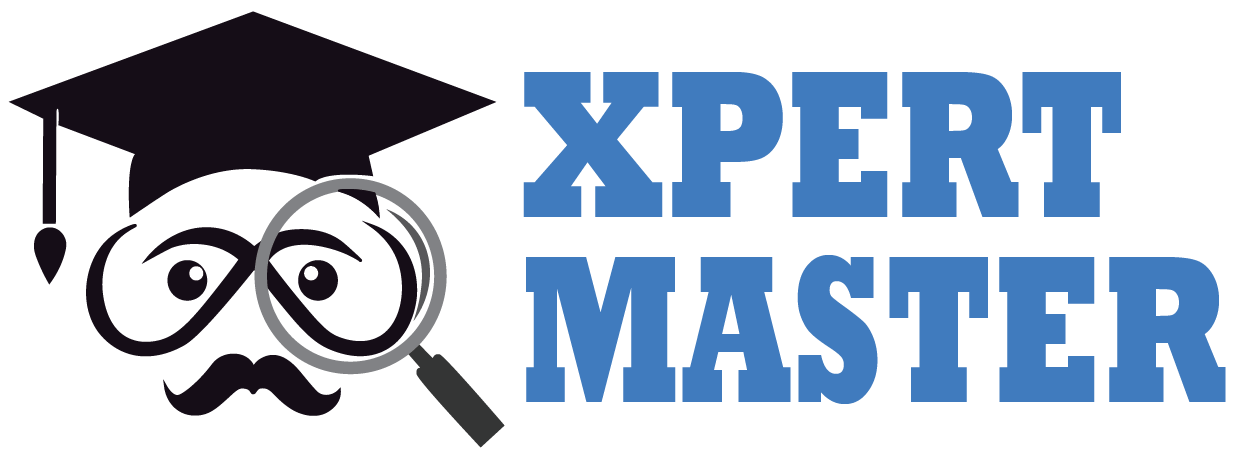Navigating Plagiarism Ethics in Academia: Upholding Integrity in Research and Writing
Plagiarism in Academia – Plagiarism can be a serious academic offense because it undermines the trustworthiness and credibility of research. Plagiarism, which involves taking credit without attribution for another’s words or ideas, is a serious academic offence. Plagiarism is a serious academic offense that can have far-reaching consequences. So resist the temptation to plagiarise, even if you find it attractive. Plagiarism Ethics in Academia. Below are some details to help you understand.
Intellectual honesty is a fundamental principle of academia. It requires individuals to acknowledge and credit the source of their ideas. Plagiarism is a violation of this principle, and undermines trust in the academic community.
Academic Plagiarism: Ethics and Standards
Plagiarism can also compromise the integrity of scholarly research. Research published in a journal is expected to be unique and to contribute to new knowledge. Plagiarism does not meet this standard, and it undermines both the research community and academics as a group.
Plagiarism can have legal implications in addition to ethical ones. Copyright laws can be broken if someone uses another’s work, without their permission. It can lead to legal action against the person.
How to avoid Academic Plagiarism?
- Teach students and researchers to be academically honest and to correctly cite sources– Plagiarism can have serious consequences. It is important that students understand the importance of crediting sources when they are due. To teach people to correctly cite and use sources, seminars and materials on academic integrity are helpful.
- Plagiarism Detection Software – Turnitin, and other similar tools can assist professors and researches in detecting plagiarism and providing reports with similarity scores. Remember that these strategies do not guarantee academic integrity and should be used alongside other methods to promote it.
- Encourage assistance –Plagiarism occurs more often among students or researchers who feel overwhelmed by their workload. Encourage students to seek help from their teachers, mentors and writing centers to avoid plagiarism.
The conclusion of the article is:
With these guidelines, students and professors can make a concerted attempt to fight plagiarism. While the consequences of plagiarism are severe, it is important to take the time to finish your own work and credit the original author.
Plagiarism Detection Tools for Non-University Users: Turnitin Plagiarism Check
Plagiarism is a serious concern for students, independent researchers, authors, and freelancers. […]
Ways to Detect Plagiarism Without Access to Turnitin
Turnitin is one of the most popular plagiarism detection tools used by […]
Can Turnitin Detect Plagiarism Tricks? Understanding Turnitin’s Capabilities
Can Turnitin Detect Plagiarism Tricks?
Turnitin is one of the most trusted tools […]
Turnitin Plagiarism Detection Benefits
Turnitin Plagiarism Detection Benefits
Turnitin is one of the most trusted and widely […]
What Is an Acceptable Turnitin Similarity Score in 2026? A Complete Guide for Students
What Is an Acceptable Turnitin Similarity Score in 2026? A Complete Guide
In […]
Plagiarism Checking and Removal Services on WhatsApp – Fast & Reliable Support
Introduction:
In today’s academic and professional world, ensuring that your work is plagiarism-free […]


